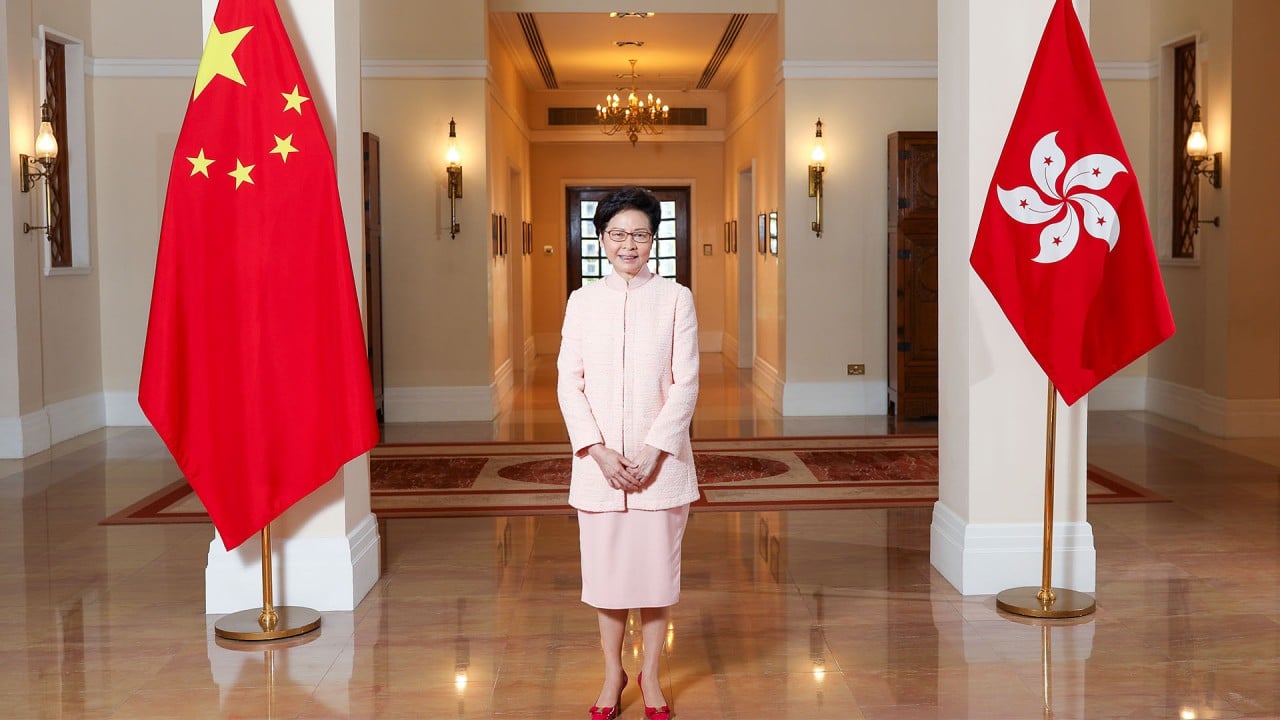Opinion | Hong Kong national security law: Britain’s Northern Ireland troubles offer lessons for China
- Unlike the actions of states with sham autonomous territories, Britain’s interventions were in keeping with principles that supported long-term local autonomy
- If China is serious about sustaining Hong Kong’s high degree of autonomy and calming critics at home and abroad, it would do well to provide greater assurances

Should central government leaders be able to exercise autocratic powers in some circumstances to curtail the operation of local democratic institutions? Although this question applies to Beijing’s relationship with Hong Kong, there are other cases in the world where this issue has been examined that provide interesting comparisons.
In 1972 and again in 2000, Britain unilaterally suspended Northern Ireland’s parliament. Before taking these steps – much like Hong Kong’s relationship with China – Northern Ireland was an autonomous region that was guaranteed a wide range of autonomous powers.
Instead, they concluded, it merely had delegated power that could be taken away by the whim of the central government. The reality, however, was that the UK was constrained by unwritten constitutional rules.

04:18
Hong Kong leader Carrie Lam still believes she did right thing in trying to pass extradition bill
These rules allowed the core state to suspend institutions to preserve public order. Rather than being an exercise in arbitrary central government interests, the suspension was in response to widespread civil unrest that had overtaken the territory between unionists who wanted to stay with the UK and nationalists who wanted to secede.

